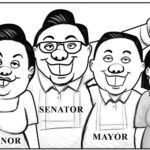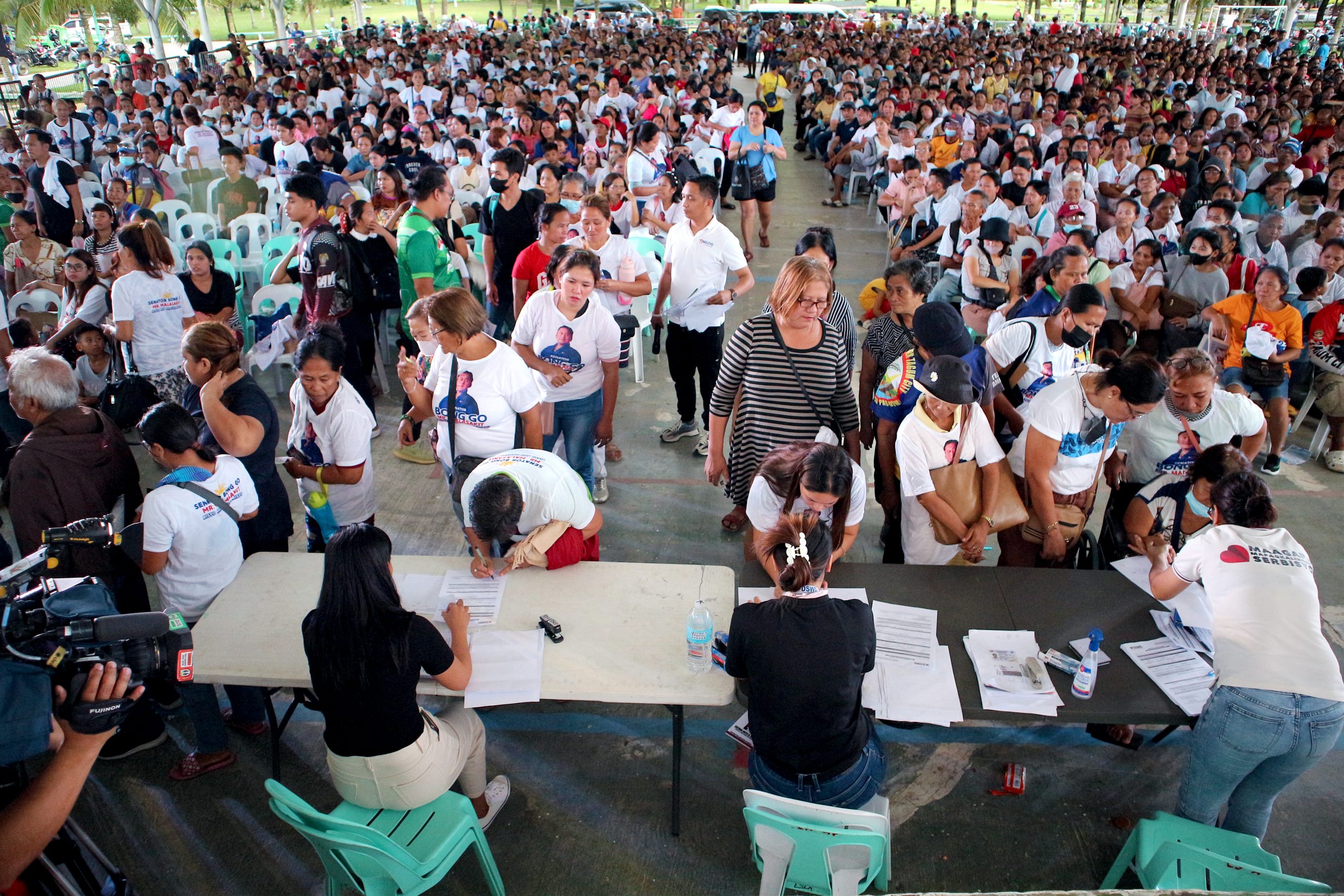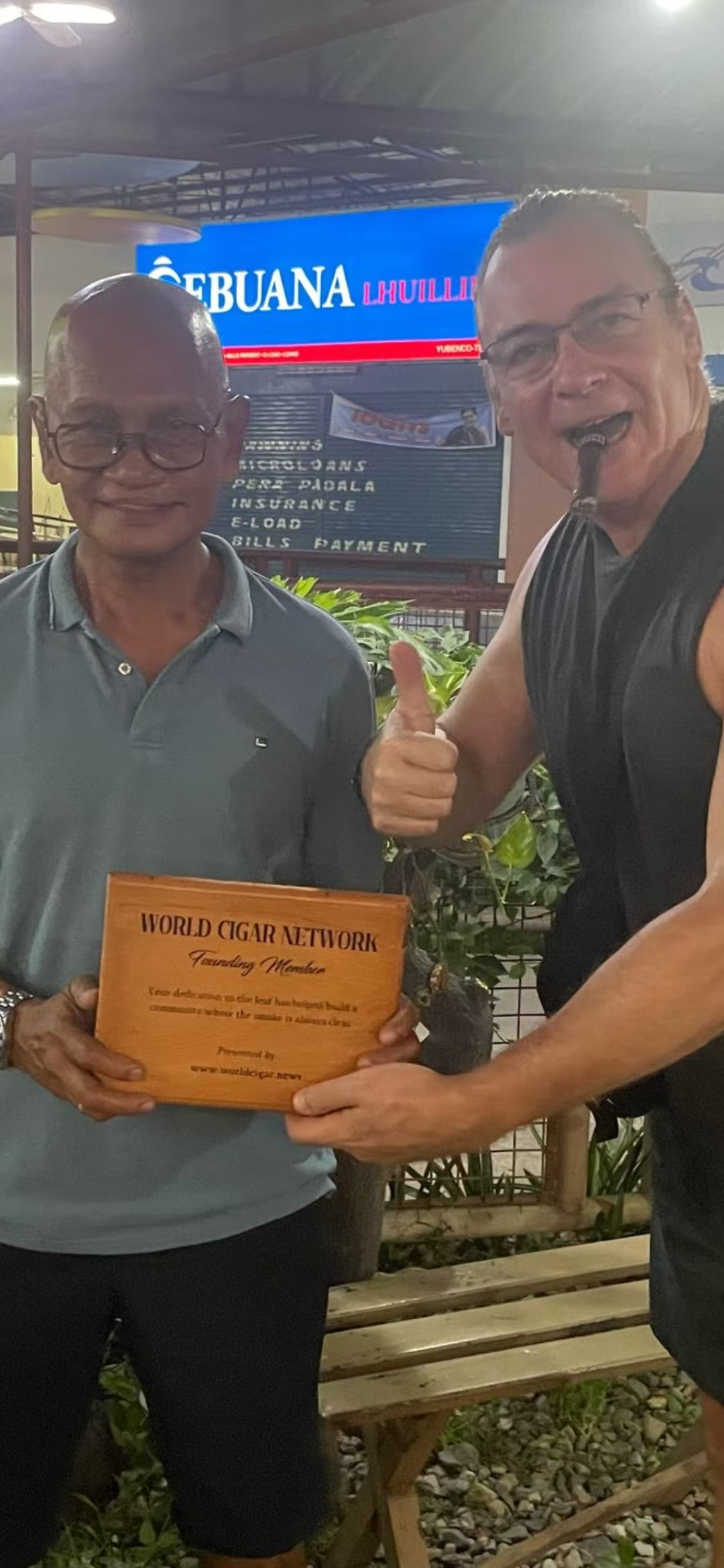Sheilla Ysug Lee
Zamboanga City is one of the cities that has been heavily affected by poverty and economic inequality. As a result, many residents of the city have come to rely heavily on social financial assistance programs to make ends meet.
According to a study conducted by the Philippine Statistics Authority, as of 2020, over 36% of the city’s population lives below the poverty line, making it one of the poorest cities in the country. The poverty incidence rate is higher in Zamboanga City compared to the national average of 16.6%.
The lack of job opportunities, limited access to education and healthcare, and the ongoing challenges posed by conflict and terrorism in the region have all contributed to the city’s poverty problem. Many residents of Zamboanga City are forced to live hand-to-mouth, struggling to afford basic necessities such as food, shelter, and clothing.
As a result, social financial assistance programs have become a lifeline for many residents. These programs provide cash grants, food aid, and other forms of support to help the poorest and most vulnerable individuals and families.
One of the most popular social financial assistance programs in Zamboanga City is the Department of Social Welfare and Development’s (DSWD) Pantawid Pamilyang Pilipino Program (4Ps). The 4Ps is a conditional cash transfer program that provides a monthly cash grant to poor families, provided they meet certain conditions such as ensuring that all children aged 3-18 attend school, and that parents attend regular health check-ups and family planning sessions.
Another important program is the Government’s Social Amelioration Program (SAP), which provided food and cash assistance to over 100,000 families in Zamboanga City who were severely affected by the COVID-19 pandemic.
Residents of Zamboanga City also rely heavily on non-governmental organizations (NGOs) and private organizations that provide financial assistance and other forms of support. These organizations often focus on specific issues such as disaster response, education, and healthcare, and provide critical support to vulnerable populations.
The dependence on social financial assistance programs is not limited to individuals; many businesses and small-scale entrepreneurs in Zamboanga City also rely on government assistance and loans to stay afloat. The city’s small-scale farmers, for example, rely on the Philippine Coconut Authority’s (PCA) Farmer-Focused Assistance Program to access credit and other forms of support.
While social financial assistance programs have undoubtedly helped to alleviate poverty and improve the lives of many residents in Zamboanga City, there are concerns that dependence on these programs can perpetuate a culture of dependency. Some argue that the city’s economic development must be driven by job creation, entrepreneurship, and investment in education and skills training, rather than solely relying on handouts.
Despite these challenges, the residents of Zamboanga City are resilient and resourceful, and many are actively working to improve their lives and create a better future for themselves and their families. The city’s government and non-governmental organizations are also working together to provide assistance and support to the most vulnerable members of society.
Residents of Zamboanga City are heavily dependent on social financial assistance programs due to poverty and economic inequality. While these programs provide a lifeline for many, it is essential to address the root causes of poverty and promote economic development and job creation in the city.















